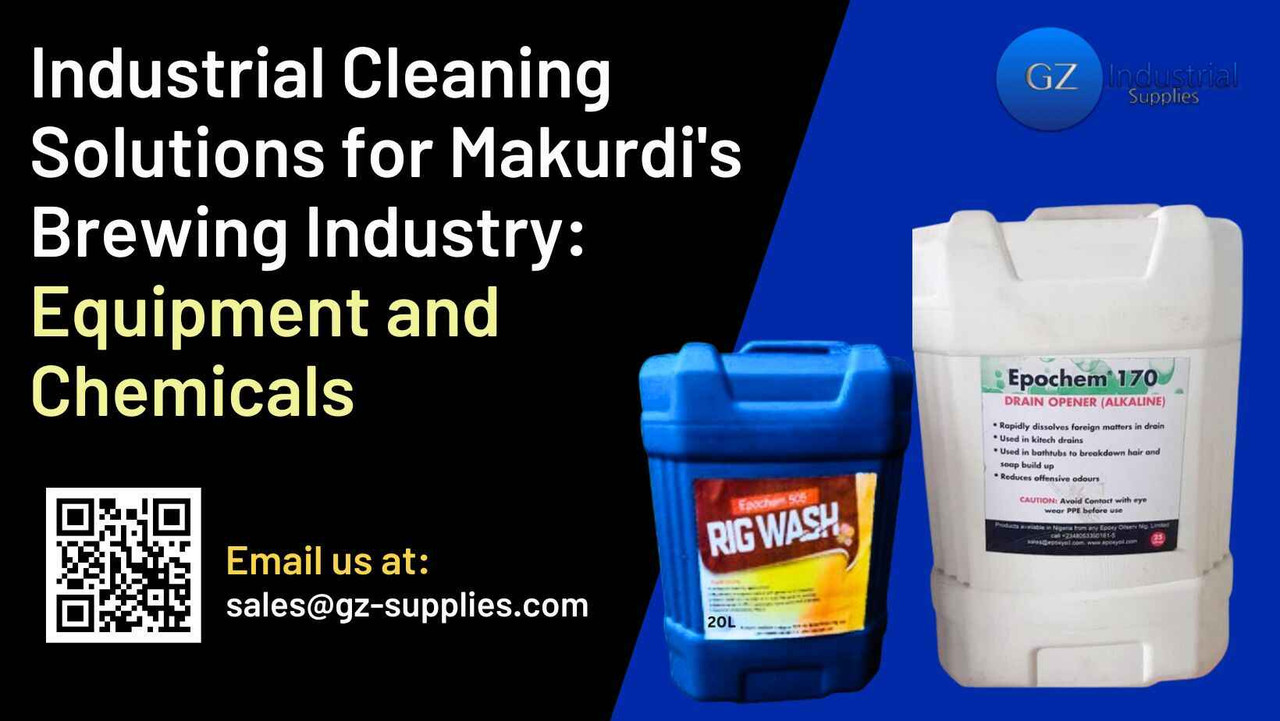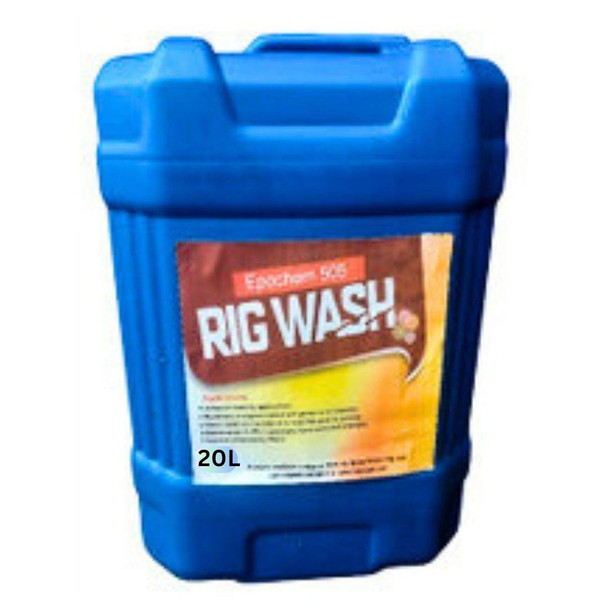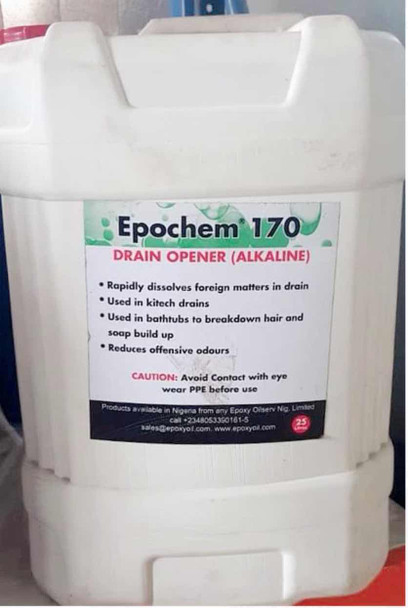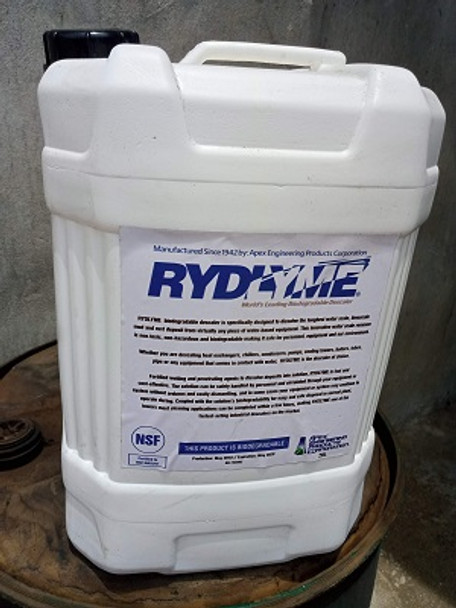Industrial Cleaning Solutions for Makurdi's Brewing Industry: Equipment and Chemicals
Key Takeaways
- Essential for Quality and Compliance: Industrial cleaning is crucial for maintaining the quality of beer and ensuring compliance with health and safety regulations in Makurdi’s brewing industry.
- Diverse Equipment Options: Key cleaning equipment includes CIP systems for automated cleaning, pressure washers for stubborn residues, scrubbing machines for surface cleaning, and vacuum systems for managing dry residues.
- Variety of Cleaning Chemicals: Use of alkaline cleaners for organic residues, acidic cleaners for scale removal, sanitizers for microbial control, and specialty cleaners for specific needs ensures thorough and effective cleaning.
- Best Practices: Implement regular cleaning schedules, follow proper dilution and application guidelines, and adhere to safety measures to optimize cleaning effectiveness and protect both personnel and equipment.
- Case Studies Highlight Success: Local breweries have seen improved efficiency and product quality by adopting advanced cleaning technologies and best practices, showcasing the benefits of modern solutions.
- Future Trends: Innovations such as IoT-enabled cleaning systems and eco-friendly chemicals are shaping the future of industrial cleaning, offering enhanced efficiency and sustainability.
Introduction
Industrial cleaning solutions are integral to the brewing industry in Makurdi, ensuring that brewing equipment remains in optimal condition and that the final product meets the highest quality standards. The effectiveness of cleaning processes relies on a combination of advanced equipment and specialized chemicals.
Automated systems like CIP (Clean-In-Place) streamline the cleaning of internal equipment surfaces, while pressure washers and scrubbing machines tackle stubborn residues and maintain external cleanliness. The choice of cleaning chemicals—ranging from alkaline and acidic cleaners to sanitizers and specialty products—addresses different types of residues and contaminants.
By adhering to best practices, such as regular cleaning schedules and proper chemical handling, breweries can prevent contamination, extend equipment life, and comply with health regulations. As the industry evolves, innovations in cleaning technology and sustainable chemicals are shaping the future of industrial cleaning, enhancing both efficiency and environmental responsibility.
Epochem 505 Rig wash Industrial Cleaner 20L keg
Importance of Industrial Cleaning in Brewing
1. Maintaining Product Quality
In the brewing industry, product quality hinges on numerous factors, with cleanliness being paramount. Residues, contaminants, and microbial growth can drastically alter the taste, aroma, and consistency of the final product. Proper cleaning ensures that these elements are effectively removed, thus preserving the intended flavor profiles and quality of the brew.
2. Ensuring Compliance
Breweries must adhere to stringent health and safety standards, which include maintaining a clean environment. Regular and thorough cleaning processes help meet regulatory requirements and prevent potential violations that could lead to fines or shutdowns. Compliance not only protects consumers but also safeguards the brewery’s reputation and operational license.
3. Preventing Equipment Damage
Brewing equipment, including fermenters, kettles, and pumps, is a significant investment. Over time, residues and deposits can cause wear and tear, reducing efficiency and leading to costly repairs or replacements. Regular cleaning helps mitigate these issues by preventing the build-up of harmful substances that could damage the equipment.
Epochem TEEPOL Multi-Purpose Detergent
Key Cleaning Equipment for Breweries
1. Automated Cleaning Systems
Automated cleaning systems, such as Clean-In-Place (CIP) systems, have revolutionized the way breweries manage cleanliness. CIP systems allow for the cleaning of equipment without the need for disassembly, thereby reducing labor and downtime. These systems use a combination of water, chemicals, and heat to thoroughly clean the internal surfaces of tanks, pipes, and other components. The ability to customize cleaning cycles and parameters ensures that each cleaning process is optimized for the specific equipment and residues involved.
2. Pressure Washers
Pressure washers are another critical tool in industrial cleaning. These machines use high-pressure water jets to remove stubborn residues and contaminants from surfaces. In breweries, pressure washers are commonly used for cleaning external surfaces of equipment, floors, and walls. Different types of pressure washers, including electric and gas-powered models, offer various levels of pressure and flow rates to suit different cleaning tasks.
3. Scrubbing Machines
Scrubbing machines come in both manual and automatic forms and are designed for thorough surface cleaning. Manual scrubbing machines require physical effort but can be effective for smaller areas or less frequent cleaning tasks. Automatic scrubbing machines, on the other hand, are ideal for larger surfaces and provide consistent, efficient cleaning with minimal operator input. These machines often feature adjustable brushes and water flow settings to tackle different types of residues and surfaces.
4. Vacuum Systems
Vacuum systems are essential for managing dry residues and ensuring a hygienic environment. In breweries, they are used to clean up spills, powders, and other particulate matter that may accumulate during production. High-efficiency vacuum systems can handle both wet and dry materials, making them versatile tools for maintaining cleanliness in various areas of the brewery.
Epochem 502 Citrus Degreaser
Essential Cleaning Chemicals
1. Alkaline Cleaners
Alkaline cleaners are crucial for removing organic residues such as proteins, fats, and oils. These cleaners typically have a high pH, which helps break down and dissolve stubborn organic deposits. In breweries, alkaline cleaners are used to clean brewing vessels, fermentation tanks, and other equipment where organic residues are prevalent. They are highly effective but need to be carefully used to avoid damaging sensitive equipment or altering the pH balance of the brewing process.
2. Acidic Cleaners
Acidic cleaners are designed to tackle inorganic deposits like mineral scale and rust. They have a low pH, which helps dissolve these deposits and restore the equipment to its optimal condition. In brewing operations, acidic cleaners are often used to descale heat exchangers, boilers, and other components prone to mineral build-up. While effective, acidic cleaners must be used with caution to prevent corrosion or damage to metal parts.
3. Sanitizers
Sanitizers play a vital role in the final stage of cleaning to ensure that all surfaces are free from harmful microorganisms. There are various types of sanitizers, including chlorine-based, iodine-based, and quaternary ammonium compounds (quats). Each type has specific applications and effectiveness against different types of bacteria and fungi. In breweries, sanitizers are used on surfaces that come into direct contact with the product, such as tanks, pipes, and bottling equipment.
4. Specialty Cleaners
Specialty cleaners are formulated for specific needs and equipment types. For instance, there are cleaners designed specifically for removing residues from brewing yeast or for cleaning glassware and bottling lines. These products are tailored to address unique cleaning challenges within the brewing environment, ensuring that all aspects of the production process are properly managed.
Epochem 170 alkaline cleaner
Best Practices for Cleaning Procedures
1. Regular Cleaning Schedules
Implementing a regular cleaning schedule is essential for maintaining hygiene and equipment performance. Cleaning frequencies should be based on the type of equipment, the level of usage, and the specific residues involved. For instance, high-touch surfaces and equipment that handle raw ingredients might require more frequent cleaning compared to equipment used less frequently. A well-structured schedule helps prevent build-up and ensures that cleaning tasks are consistently performed.
2. Proper Dilution and Application
The effectiveness of cleaning chemicals depends significantly on their proper dilution and application. Manufacturers typically provide guidelines on the correct concentrations and usage procedures. Adhering to these guidelines ensures that the chemicals work effectively without causing damage to equipment or compromising the cleaning process. Overuse or incorrect mixing can lead to ineffective cleaning or equipment damage.
3. Safety Measures
Safety is paramount when handling cleaning chemicals and equipment. Proper protective gear, such as gloves, goggles, and masks, should be worn to prevent exposure to harmful substances. Additionally, training staff on the correct handling and application procedures can help minimize risks and ensure a safe working environment. Implementing safety protocols and regularly reviewing them is crucial for protecting both personnel and equipment.
Case Studies
Successful Implementations in Makurdi
In Makurdi, several breweries have adopted advanced industrial cleaning solutions to enhance their operations. For instance, Brewery X implemented a state-of-the-art CIP system, which significantly reduced cleaning time and improved overall efficiency. By integrating automated cleaning solutions, they managed to cut downtime and maintain a consistent level of cleanliness, resulting in a notable increase in product quality and compliance with health regulations.
Another example is Brewery Y, which upgraded its cleaning equipment to include high-pressure washers and specialized scrubbing machines. This investment led to improved cleanliness across their production facility, reducing the incidence of contamination and equipment malfunctions. The case of Brewery Y highlights the benefits of investing in modern cleaning technologies and adhering to best practices.
Lessons Learned
From these case studies, it is evident that investing in the right cleaning equipment and chemicals can lead to substantial improvements in operational efficiency and product quality. Common challenges faced by these breweries included the initial cost of upgrading equipment and the need for staff training. However, the long-term benefits, including enhanced cleanliness, compliance, and equipment longevity, far outweigh these challenges. Successful implementation also requires ongoing maintenance and periodic evaluation of cleaning procedures to adapt to any changes in production processes or regulations.
Redlyme Descaler liquid
Future Trends in Industrial Cleaning for Breweries
Innovations in Equipment
The field of industrial cleaning is continuously evolving, with new technologies emerging to improve efficiency and effectiveness. Innovations such as IoT-enabled cleaning systems and advanced automation are becoming more prevalent. These technologies offer real-time monitoring and data analysis, allowing breweries to optimize cleaning schedules, track equipment performance, and ensure consistent cleanliness.
Advancements in Cleaning Chemicals
There is a growing trend towards eco-friendly and sustainable cleaning solutions. Advances in cleaning chemicals include formulations that are both effective and environmentally safe. These new products aim to reduce the environmental impact of industrial cleaning while maintaining high standards of hygiene and effectiveness. Breweries are increasingly adopting these green alternatives to align with sustainability goals and meet regulatory requirements.
Frequently Asked Questions
1. What is the importance of using CIP systems in breweries?
CIP systems streamline the cleaning process by allowing equipment to be cleaned without disassembly. This reduces labor, downtime, and ensures thorough cleaning of internal surfaces.
2. How often should brewing equipment be cleaned?
The frequency of cleaning depends on the type of equipment and its usage. High-touch areas and equipment handling raw ingredients may require more frequent cleaning compared to less frequently used equipment.
3. Are there eco-friendly cleaning chemicals available for breweries?
Yes, there are several eco-friendly cleaning chemicals designed to be effective while minimizing environmental impact. These products are increasingly being adopted by breweries aiming for sustainable practices.
4. What safety precautions should be taken when handling cleaning chemicals?
Proper protective gear, such as gloves and goggles, should be worn. Staff should be trained in handling and using chemicals safely, and appropriate ventilation should be maintained in cleaning areas.
5. How can breweries ensure the effectiveness of their cleaning procedures?
Regular training, adherence to manufacturer guidelines for chemicals, and periodic review of cleaning protocols help ensure that cleaning procedures remain effective. Implementing new technologies and staying updated on industry best practices can also contribute to optimal cleanliness.
Other Related Articles
Cleaning and maintenance chemicals in Nigeria.
Industrial Cleaning vs. Regular Cleaning: What's the Difference?
Conclusion
In summary, industrial cleaning solutions are vital for maintaining the high standards required in Makurdi’s brewing industry. By investing in the right equipment and chemicals, breweries can ensure product quality, compliance with regulations, and the longevity of their equipment. Implementing best practices, staying informed about new trends, and learning from successful case studies can help breweries achieve and maintain optimal cleanliness.
For more information on top-quality industrial cleaning equipment and chemicals tailored to the brewing industry, visit GZ Industrial Supplies. Explore our wide range of products designed to meet the specific needs of your brewery and elevate your cleaning processes to the highest standards.














